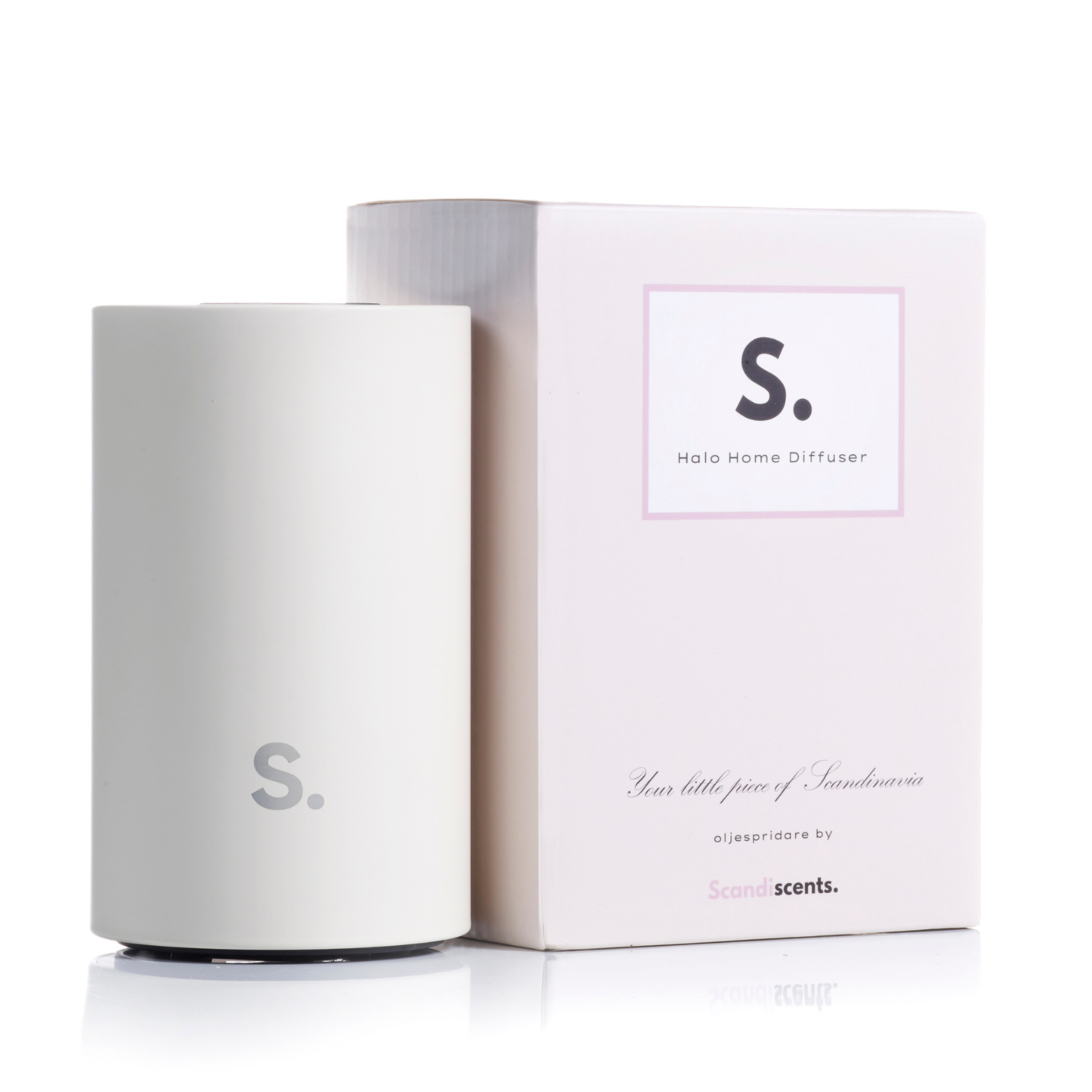Essential oils and fragrance oils are both used to add scents to various products and environments, but they differ significantly in their composition, source, and properties. Here are the key differences between essential oils and fragrance oils:
Essential Oils:
- Source: Essential oils are natural, concentrated extracts derived from various parts of plants, including leaves, flowers, stems, roots, and seeds. They are usually obtained through methods like steam distillation, cold pressing, or solvent extraction.
- Natural Ingredients: Essential oils are made up of naturally occurring compounds found in plants. They contain the characteristic aroma of the plant from which they are derived and may also possess therapeutic properties.
- Purity: High-quality essential oils are 100% pure and do not contain synthetic additives or diluents. They can vary in quality based on factors like the plant source and extraction method.
- Aromatherapy: Essential oils are often used in aromatherapy for their potential therapeutic benefits, such as stress relief, relaxation, and improving mood. Different essential oils have various properties and can be used for different purposes.
- Use: They are used in a wide range of applications, including aromatherapy, massage, skincare, and as natural fragrances in candles, soaps, and household products.
- Allergies: While essential oils are generally considered safe, they can cause allergic reactions in some individuals, and caution should be exercised when using them topically.
Fragrance Oils:
- Source: Fragrance oils, also known as perfume oils or synthetic oils, are artificially created scents. They are produced in a laboratory and do not come from natural plant sources.
- Synthetic Ingredients: Fragrance oils are typically composed of synthetic aroma chemicals, carrier oils, and other additives. They are engineered to replicate specific scents, and their chemical composition can be complex.
- Consistency: Fragrance oils offer consistent and predictable scents because they are synthesized to meet specific fragrance profiles. They are stable and less prone to variation compared to essential oils.
- Aromatics Only: Fragrance oils are primarily used for their aromatic properties and are not associated with therapeutic benefits. They are often chosen for their ability to provide long-lasting, strong scents.
- Use: Fragrance oils are commonly used in the manufacturing of perfumes, colognes, candles, soaps, lotions, and various scented products. They are popular for their versatility and wide range of available scents.
- Allergies: Fragrance oils can be more consistent and less likely to cause allergic reactions compared to essential oils, but some individuals may still be sensitive to certain synthetic fragrances.
In summary, essential oils are natural extracts from plant materials with potential therapeutic benefits, while fragrance oils are synthetic scents designed for consistent, long-lasting aroma. The choice between them depends on your intended use, personal preferences, and whether you prioritize natural or synthetic ingredients.





Leave a comment
This site is protected by hCaptcha and the hCaptcha Privacy Policy and Terms of Service apply.